Search
Remove Ads
Advertisement
Search Results
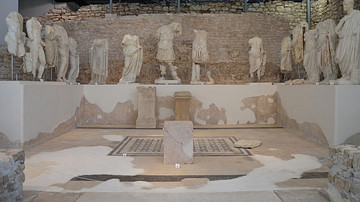
Definition
Roman Imperial Cult
The Roman imperial cult was the practice of venerating Roman emperors and their families as having divine attributes, honoring their contributions to the spread of Roman religion and culture. It was instituted by the first Roman emperor Augustus...

Definition
Marcus Licinius Crassus - The Richest Ever Roman
Marcus Licinius Crassus (115-53 BCE) was perhaps the richest man in Roman history and in his eventful life he experienced both great successes and severe disappointments. His vast wealth and sharp political skills brought him two consulships...
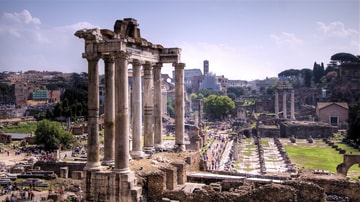
Definition
Roman Forum
The Roman Forum or Forum Romanum of ancient Rome was the bustling religious, administrative, legal, and commercial heart of the city from the 7th century BCE onwards. Made increasingly grandiose and ceremonial in function by the Imperial...
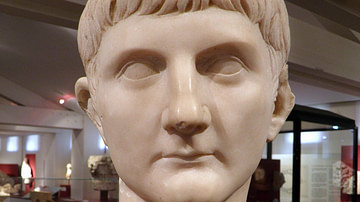
Definition
Germanicus
Germanicus (15 BCE - 19 CE) was a commander in the Roman Empire with a glowing reputation in his time under the rule of the Emperor Tiberius. His position in the Roman Empire was a unique and important one. His marriage to Agrippina the Elder...
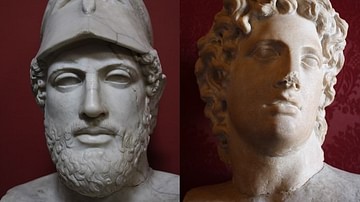
Definition
Plutarch
L. Mestrius Plutarchus, better known simply as Plutarch, was a Greek writer and philosopher who lived between c. 45-50 CE and c. 120-125 CE. A prodigious and hugely influential writer, he is now most famous for his biographical works in his...
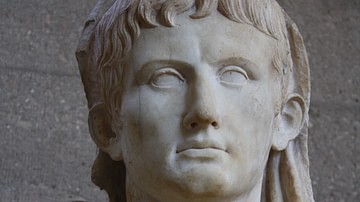
Article
Visual Chronology of Roman Emperors: Augustus to Constantine
The Julio-Claudian Dynasty Augustus 16 Jan 27 BCE - 19 Aug 14 CE Tiberius 18 Sep 14 CE - 16 Mar 37 CE Caligula 18 Mar 37 CE - 24 Jan 41 CE Claudius 25 Jan 41 CE - 13 Oct 54 CE Nero 13 Oct 54 CE - 11 Jun 68 CE Galba 8 Jun 68 CE -...
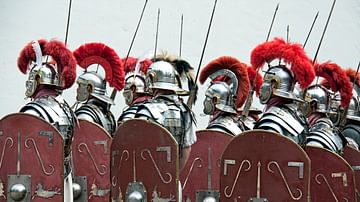
Definition
Roman Legionary
The Roman legionary was a well-trained and disciplined foot soldier, fighting as part of a professional well-organized unit, the legion (Latin: legio), established by the Marian Reforms. While major tactical changes appeared during the final...

Definition
Roman Constitution
Roman constitution was an accumulation of laws, legal decisions, and ancient customs. While today 'constitution' usually refers to a single act of legislation, this was not the case in ancient Rome. Instead, Roman government relied on the...
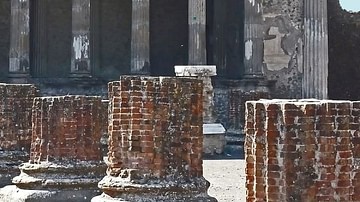
Definition
Roman Law
Roman laws covered all facets of daily life. They were concerned with crime and punishment, land and property ownership, commerce, the maritime and agricultural industries, citizenship, sexuality and prostitution, slavery and manumission...
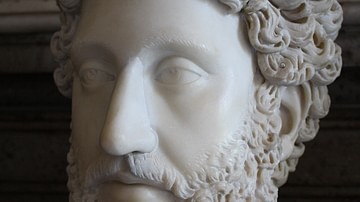
Definition
Roman Emperor
Roman emperors ruled the Roman Empire starting with Augustus in 27 BCE and continuing in the West until the late 5th century CE and in the Eastern Roman Empire up to the mid-15th century CE. The emperors took titles such as Caesar and Imperator...